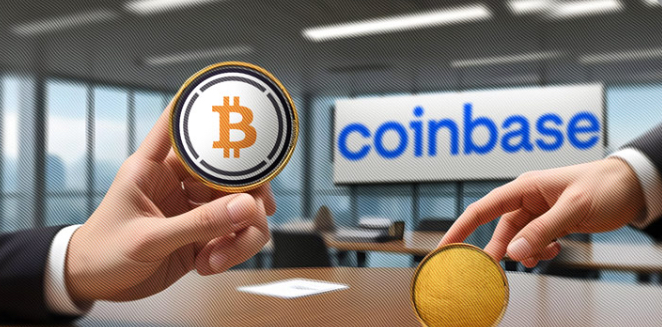Coinbase has strongly refuted claims that it granted BlackRock special borrowing privileges for Bitcoin. The controversy began when analyst Tyler Durden alleged that Coinbase issued Bitcoin IOUs to BlackRock, potentially impacting Bitcoin prices.
As the world’s second-largest crypto exchange, Coinbase has denied these allegations, asserting that it did not provide BlackRock, the world’s largest asset manager, with any special borrowing privileges for Bitcoin.
Durden’s claims suggested that Coinbase was issuing Bitcoin IOUs to BlackRock, allowing it to borrow Bitcoin without maintaining a proper 1:1 backing with its ETF, which could manipulate the market.
In response, Coinbase clarified that it has never given preferential treatment to BlackRock. CEO Brian Armstrong emphasized that Deloitte regularly audits the company, which must adhere to strict regulatory guidelines. He also noted that Coinbase cannot disclose institutional customers’ Bitcoin holdings unless legally required.
Criticism and Defense of cbBTC Amid Centralization Concerns.
The controversy intensified with the launch of cbBTC, a wrapped Bitcoin asset on Coinbase’s Base network. Justin Sun, the founder of Tron, criticized cbBTC for its lack of transparency, arguing that it operates like a centralized asset that could be frozen or confiscated, which contradicts Bitcoin’s decentralized principles.
Despite these criticisms, Coinbase defended its practices, stating its commitment to transparency and compliance. However, the debate over centralization in the cryptocurrency world continues, as cbBTC’s launch has raised concerns about market transparency.
Earlier in August, Coinbase collaborated with BlackRock to enable its institutional clients to access crypto via its Prime service. Some community members continue to call for Coinbase to disclose its Bitcoin reserves to dispel any doubts regarding its wrapped Bitcoin product

